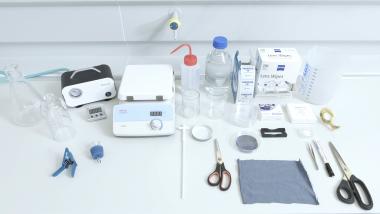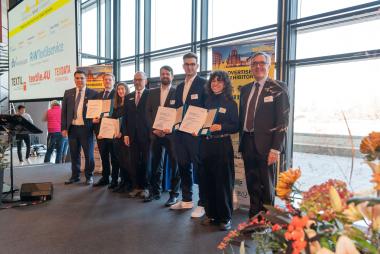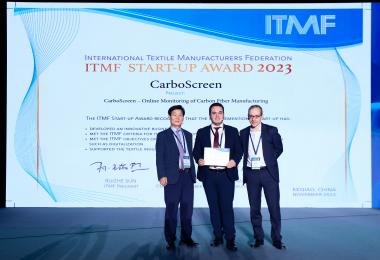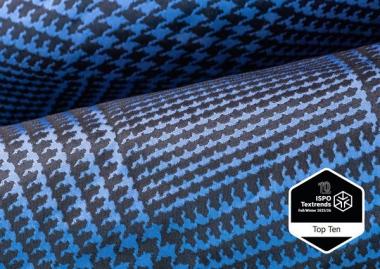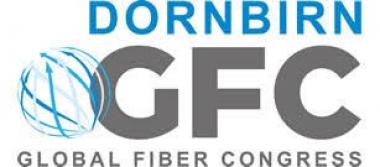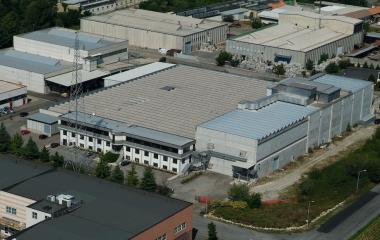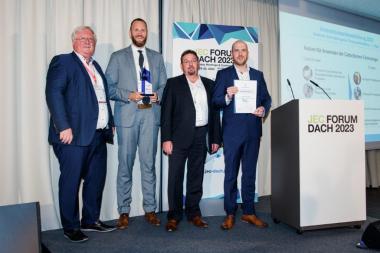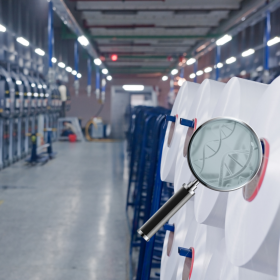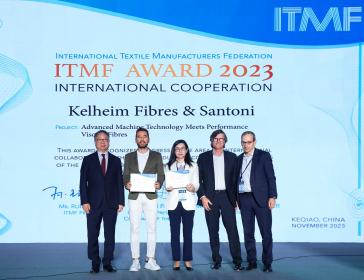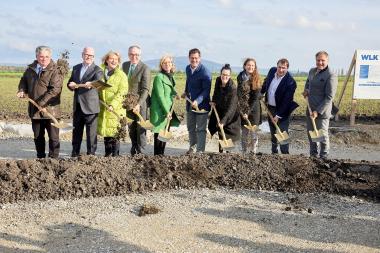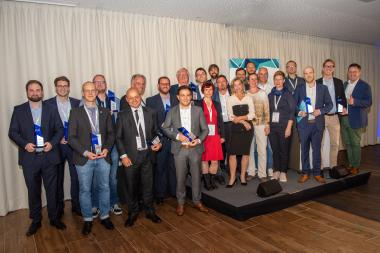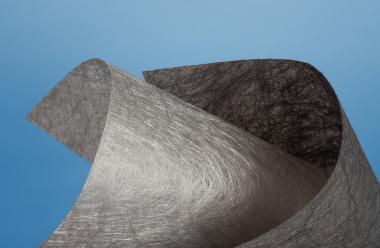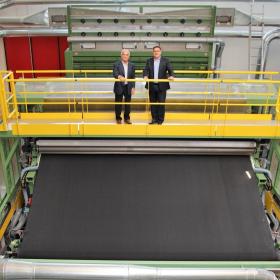New test kit for textile microfibre shedding
In cooperation with testing provider Hohenstein, Under Armour is launching a new fiber-shed test kit. It will help textile companies along the supply chain to develop lower shed materials during product development. The companies carry out the test themselves in-house using the test kit or can commission Hohenstein as a testing service provider.
The kit is a one-off purchase, after which users can buy additional materials from project partner James Heal. By using the new kit, Under Armour can reliably assess the quality and shed rate of the materials from suppliers.
For Hohenstein customers, the test kit is a useful addition to their microplastics tests. It is a quick and relatively inexpensive preliminary test that ensures better early-stage results for the end product.
During the production, wear and laundering of synthetic and natural fabrics, fibre shedding occurs in varying degrees. Hohenstein and Under Armour expect that their test method will help the industry better understand and reduce its contribution to the microfibre problem.
“Until now, integrating fiber-shed testing into industry research and development activities has required a significant time and cost investment,” said Kyle Blakely, Senior Vice President of Innovation for Under Armour. “At Under Armour, we believe intervening early to mitigate shedding is critical, which is why our test method is designed to specifically address these time and cost barriers.”
Hohenstein


